Transportation issues remain critical amid pandemic and national equity discussion
Moving Forward, an organization led by business and community leaders dedicated to ensuring the creation of regional mobility solutions through a cohesive community effort, today released a report on the current state of transportation and mobility efforts in Middle Tennessee.

The report focuses on several key topics including:
- The impact of COVID-19 on transit in Middle Tennessee
- The necessity of mobility options for resilience and recovery
- The importance of dedicated funding for transit
- The importance of planning for transit to aid economic recovery and future growth
- Metro Nashville’s transportation plan
- A summary of Moving Forward’s work over the past year
- A look at what comes next for Moving Forward
“During these uncertain times, Moving Forward urges elected leaders to remember that mobility and transit are a lifeline to essential workers and all residents who depend on essential workers,”
Moving Forward Coordinating Committee Chairman Todd Rolapp said. “Mobility and transit will also be crucial to an equitable economic recovery by linking Middle Tennesseans to educational and economic opportunity.”
As a result of the impact of COVID-19, WeGo has seen a significant decrease in ridership. At its lowest, WeGo experienced a 65 percent decrease in ridership, however, since mid-April, ridership numbers have marginally increased to reach an overall decrease of approximately 55 percent. The Regional Transportation Authority (RTA) commuter bus and WeGo Star ridership is down 90 percent, while Access Ride services have experienced a decrease of 80 percent. Even with these decreases, WeGo bus lines with the highest ridership before COVID-19, have had the highest ridership through the pandemic, and that these riders are commuting to essential jobs. Even at the lowest ridership, WeGo was serving 10,000 to 12,000 riders each day, who were essential workers – employees going to hospitals, grocery stores, construction sites, etc.
“This pandemic has significantly impacted the region’s economy and many residents’ ability to participate in the economy due to job loss or loss of mobility options,”
Moving Forward Coordinating Committee Co-Chair Ashley Northington said. “As one of Moving Forward’s values, equity is at the forefront of our minds. COVID-19 and the resulting economic struggle has fallen disproportionately on communities of color, creating an even stronger need for reliable transit options.”
Research by Transportation for America (T4A) has found that in communities where transit funding and operations languished during the Great Recession, the result was that when the economy rebounded, employees that were reliant on transit were slower to see their personal and household wealth and economic well-being rebound; due to lack of transportation options, they could not take full advantage of the economic recovery: Learn more.
In the coming months, Moving Forward will host a series of presentations by experts on the local, regional, state and federal levels that will focus on the current state of transportation and mobility. The organization will also continue to convene partners and stakeholders around relevant topics such as curb access management and other topics that impact mobility throughout the region.
Moving Forward continues to encourage transportation and transit solutions that connect the entire Middle Tennessee region to provide mobility options to its residents as well as connecting residents to economic opportunity and education. That includes innovative, short-term solutions and ideas from the private sector and public agencies through partnering together.
The region’s focus must remain on the need for a comprehensive transportation plan along with dedicated funding sources to support those plans.
To emphasize these crucial priorities, Moving Forward will continue to convene, discuss, and present ideas on how to best achieve transportation solutions in Middle Tennessee.
To see more details and read the full 2020 Moving Forward Scorecard, please visit Moving Forward’s website.




